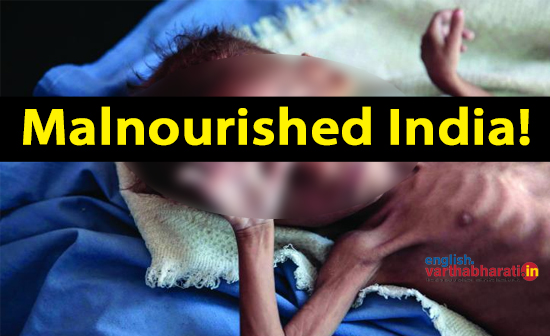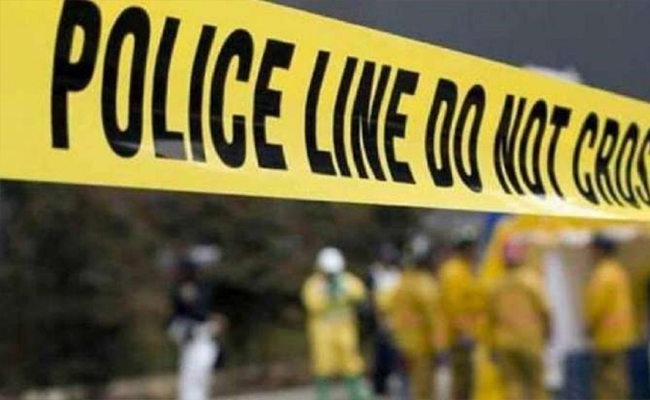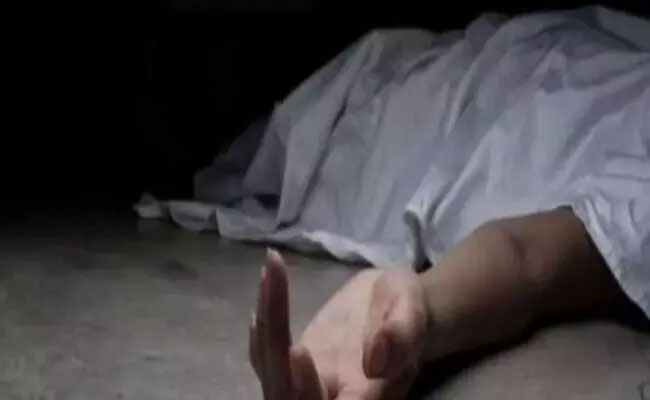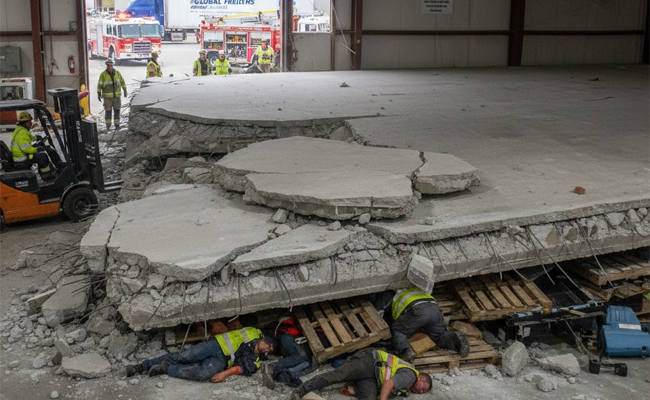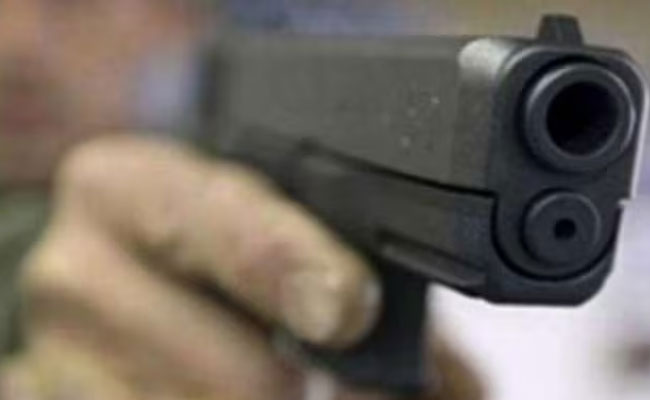Worse than the coronavirus, the country is facing a more severe health threat in the form of malnutrition. There is a saying that children are the future of India.
By witnessing how today’s children are growing, we can understand how tomorrow’s India could turn out to be. Malnutrition is not a contagious disease but is a mother of several diseases. A vaccine can be discovered for the coronavirus but it is impossible to find a cure for malnutrition that the coronavirus has created in this country.
The only way to address this problem is to provide nutritious food. Malnutrition starts affecting a child right in the womb of the mother. It is impractical to expect a healthy baby when the mother struggles with malnutrition and lack of adequate nurturance.
The first phase of the National Family Health Survey of 2019-2020 was released earlier this month and the survey spanned 17 states and five Union Territories. According to this survey, the number of children below five years whose growth has been stunted has increased in several states including progressive states such as Kerala and Goa and several Union Territories.
North Eastern states such as Meghalaya, Nagaland, and Tripura, where traditionally the consumption of nutritious food has been encouraging, have also shown an increase in the number of children with stunted growth. Most of the states have registered a significant increase in the number of malnourished children.
Ladakh that has been centrally administered has seen an increase in malnourished children from 9.3 per cent to 17.3 per cent. The number of malnourished children has increased significantly in Bihar and Assam as well. In Nagaland alone, malnourished children has increased from 11.3 per cent to 19.10 per cent. Children’s stunted growth and malnutrition is a very serious malaise. The reasons for these health malaises need to be investigated and action must be taken to stop this dangerous trend.
At the same time, it is worrying that it has not been possible to control the problem of anemia that is growing. Even now, the number of people suffering from anemia is high in several states and in many of them, this problem has seen an increase, especially in children (between six and nine months), mothers, and women in the age group of 15 years to 49 years. Among children, youth, women, and the aged, the problem of anemia leaves an impact on both mental and physical growth, learning abilities, physical activities, and earning capabilities. To sum it up, the problem of anemia reduces the quality of human resources.
Another dangerous trend is that in many states, the number of infants below 24 months who have access to and consumed adequate and healthy diet has reduced by less than 20 per cent. Only in Kerala, Meghalaya, Ladakh, West Bengal, Sikkim, and Goa, about 20 per cent to 30 per cent children had adequate diet. But in Gujarat, only 5.9 per cent of children had access to adequate diet. While the provision of nutritious food supplements is reducing under the comprehensive child development programme, moderately priced nutritious food supplements are also not available in the market. If this problem is not mitigated, it is impossible to address the problems of low body weight, stunted growth, and malnutrition in children.
Compared to urban areas, the numbers are worse for rural areas. A multitude of reasons including poverty, unemployment, and perhaps demonetization, and its impact on the economy could be responsible for this pathetic state in rural areas. Demonetization saw an impact on jobs, salaries, and expenditure in rural areas over the following two years.
The problem of malnutrition that has impacted large numbers of people in India including children and the elderly does not kill the affected directly neither is it an epidemic. On the contrary, the problem of malnutrition results in long term exhaustion, stunted physical growth, and poor emotional growth. The report has divided districts into those with very poor development indicators, poor distribution systems, and minimum income. But if the government is sincere in its efforts to address the issues of malnutrition and low body weight, it should review and redesign its programmes such as ICDS and mid-day meal scheme. Only then can it obtain expected results.
Post lockdown, several reports have revealed that the problem of hunger has become worse. In this situation, the priority of the government should be on providing nutritious food. But by implementing the law against cow slaughter, the government is trying to snatch nutritious food from the poor. In the North Eastern states, beef is the main food in rural areas.
The poor have direct connection with the leather industry and the meat industry. The government’s decisions of promulgating these laws have a direct impact on this section society. And if the government’s decisions continue in this manner, it will not be surprising if India reaches the top position of being the most malnourished country in the world.
Let the Truth be known. If you read VB and like VB, please be a VB Supporter and Help us deliver the Truth to one and all.
Thane (PTI): Two minor girls were rescued after a prostitution racket was busted in Navi Mumbai, a police official said on Monday.
On a tip off about one Harish running a flesh trade racket, the Navi Mumbai Crime Branch started a probe on February 20, the official said.
"A decoy customer was sent to verify the information, following which a trap was laid in front of a hotel in Sector 11. The Anti Human Trafficking Cell nabbed Harish Vikas Chhari, a resident of Koparkhairane, while his associate Raj Singh is on the run. Two minor girls were rescued," the CBD Belapur police station official said.
A case has been registered under Bharatiya Nyaya Sanhita, Immoral Traffic (Prevention) Act, and Protection of Children from Sexual Offences (POCSO) Act, the official added.

